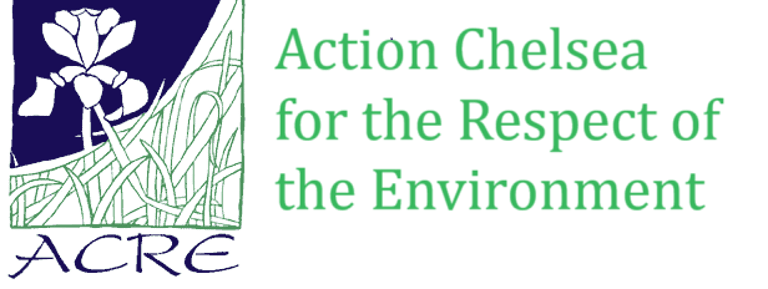Conservation and Restoration Projects
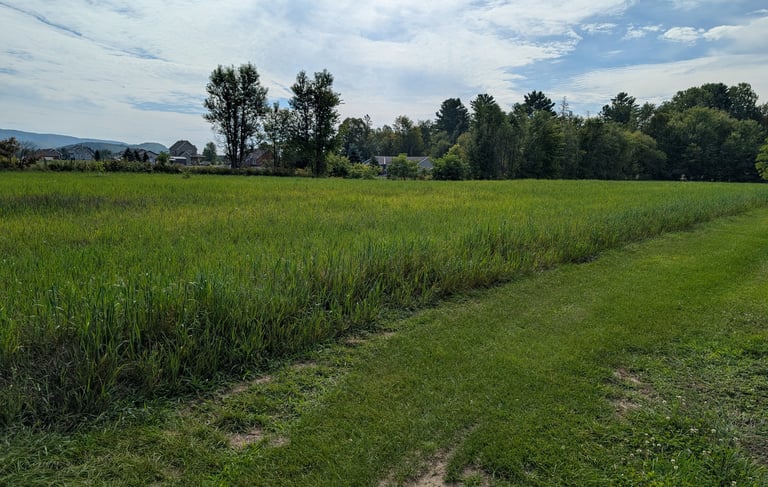

Pollinator habitat restoration at Place Eco Rubin
The goal of the project, carried out in collaboration with the Canadian Wildlife Federation (CWF), is to restore pollinator habitat in a meadow of over 3 acres at Place Eco Rubin. This area has been mowed for hay for decades, which explains the dominance of grass communities. It now resembles a hayfield, with very few wildflowers. The main challenge at this site is the invasive pampas grass (Cortaderia spp.), which covers about 5% of the area, with about 14 patches located in the eastern part of the meadow. During the summer and fall of 2025, the site was plowed three times. Oats were planted as a cover crop to suppress the growth of unwanted species. In November 2025, native wildflowers were sown by broadcast seeding, and plugs will be planted in spring 2026 to complete the project. The site will continue to be monitored in the coming years, and any remaining pampas grass will be eradicated.
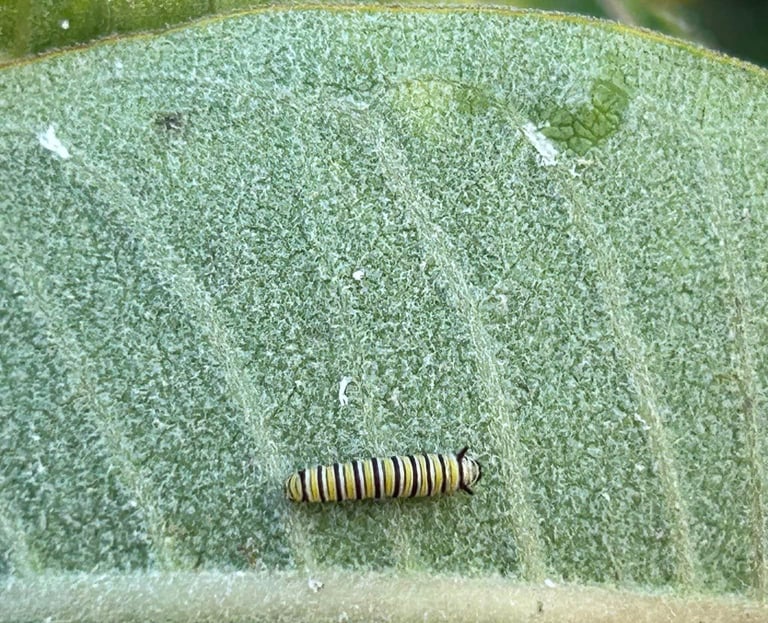

Pollinator habitat restoration in the Hundred Acre Wood
The goal of the project, made possible thanks to financial and technical support from the Canadian Wildlife Federation (CWF) and financial support from the Municipality of La Pêche's Green Fund, is to restore pollinator habitat in a meadow of over 3 acres in the Hundred Acre Wood. For several decades, the open area of the forest was mowed for hay, which contributed to the uniformity of grasses. However, the specific area selected for pollinator habitat restoration has not been mowed for a long time. As a result, the area has renaturalized and several targeted wildflowers are already present, including common milkweed, purple boneset, bee balm, goldenrod, asters, and black-eyed Susans. As the goal is to enhance the current diversity of pollinator species and ensure seasonal diversity of flowers, native wildflower plugs were planted in areas with less diversity in summer 2025. The project will create a healthy environment for many pollinators, which play a crucial role in ecosystems by facilitating plant reproduction, supporting a wide range of wildlife species and maintaining the balance of the ecosystem. While the CWF has already implemented numerous projects in Ontario, we hope that this project will be one of the pilot projects in Quebec.
Animal mortality on Autoroute 5
Following a conversation with Ministère des Transports et de la Mobilité Durable (MTMD), ACRE has installed cameras around a double culvert under Autoroute 5 in the Chelsea Creek Ecological Corridor to better understand animal mortality and behavior in this area. The data will inform future decisions for this wildlife crossing. The modification of the culvert and/or the installation of fencing might be recommended to avoid high animal mortality in this area. We will also be developing a list of specific actions that can be taken to improve wildlife habitats on MTMD's lands in the Chelsea Creek and Larrimac ecological corridors.
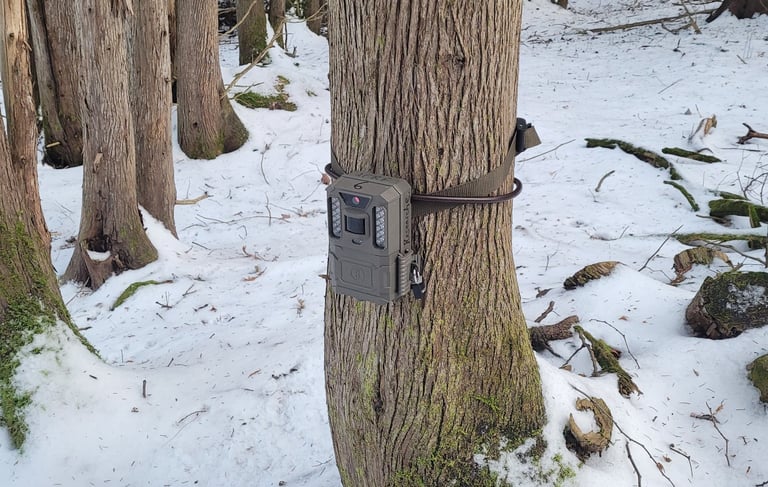

Parent Creek Restoration Project
The Parent Creek Project has been started by Enviro-Lac-Gavreau in the municipality of La Pêche and is coordinated by the Conseil Régional de l'Environnement et du Développement Durable de l'Outaouais (CREDDO). The main goal of this project is to restore ecological functions in Parent creek on land that is available, to improve the water quality and resilience to extreme weather events, and improve wildlife habitat along Parent creek and Lac Gauvreau. Restoration will involve the re–meandering of a segment of the creek and wetland recreation. The project has seven physical components and an education and awareness component, which will require different solutions. ACRE is supporting the coordination of the project and is also exploring the possibility of securing conservation easements around the creek.
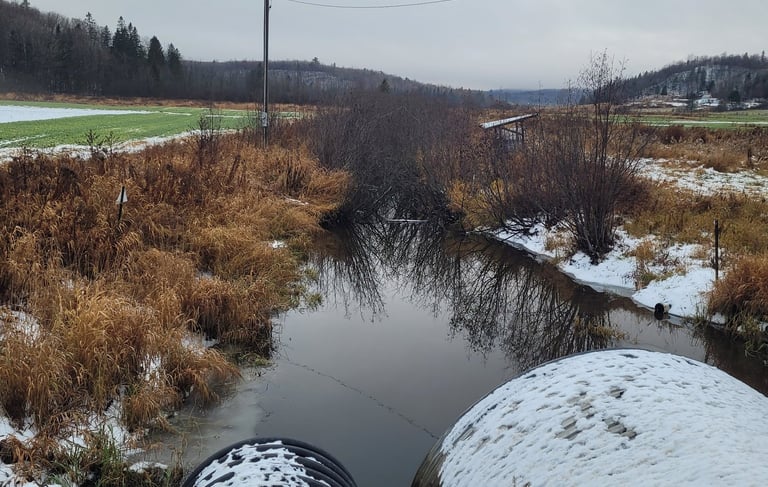

(438) 622-5850
(819) 921-4092
64 chemin Juniper, Chelsea, Québec, J9B 1T3
